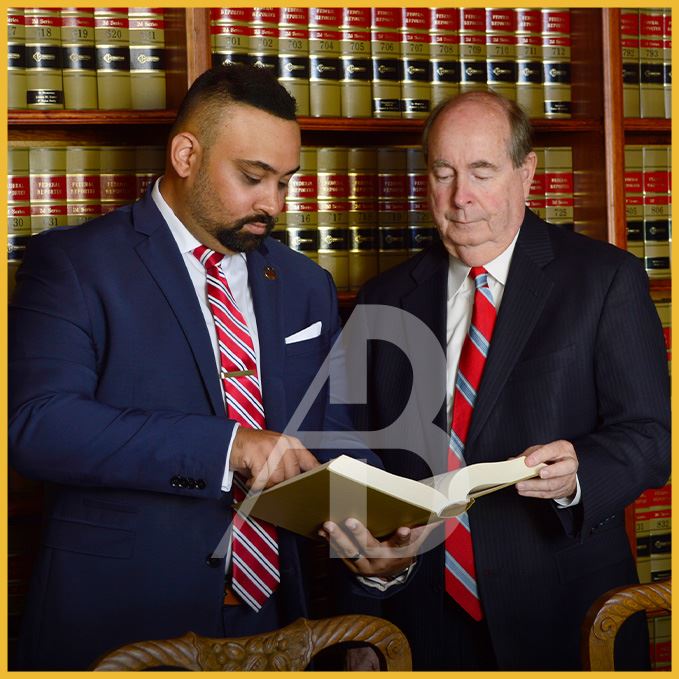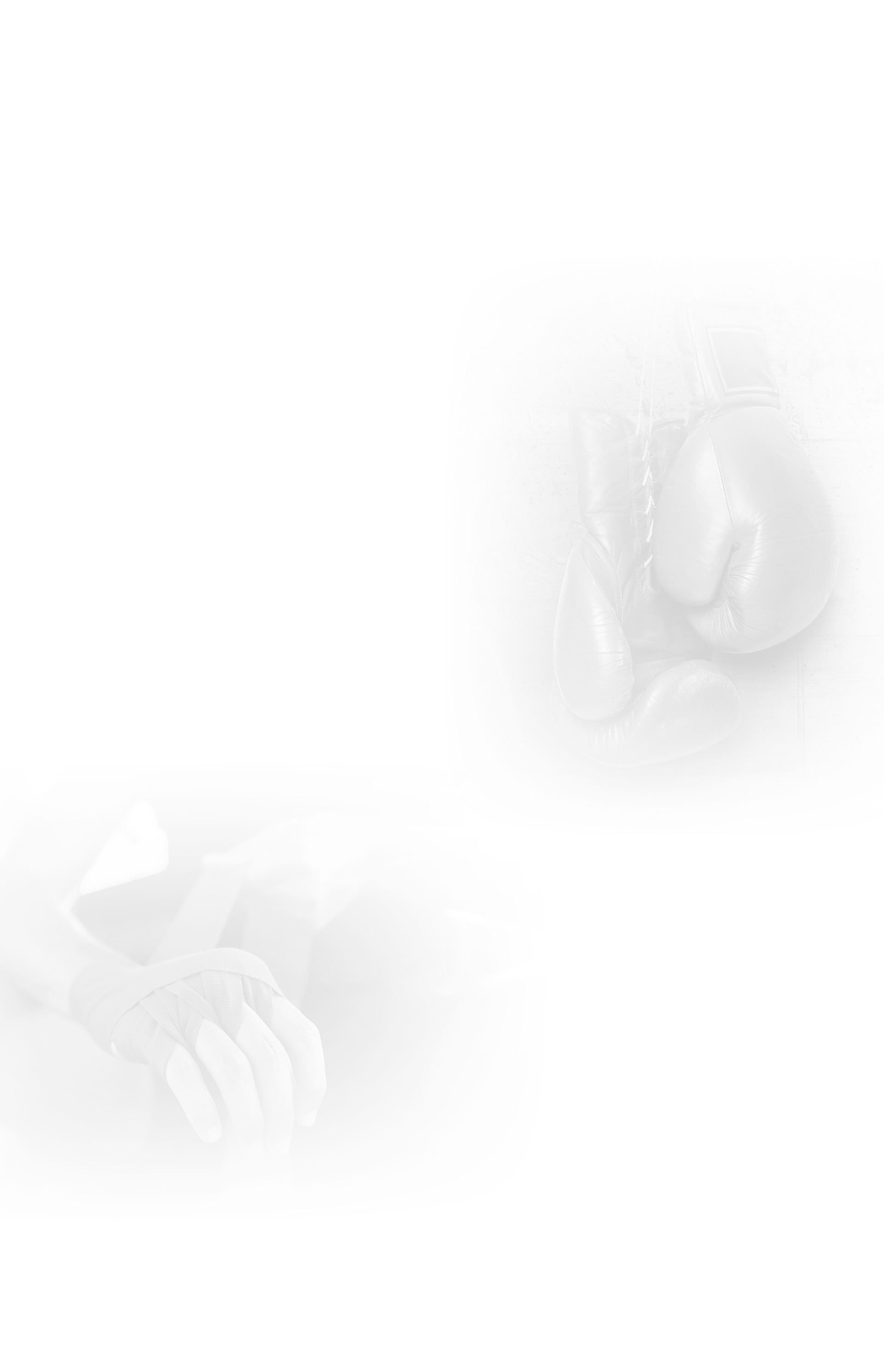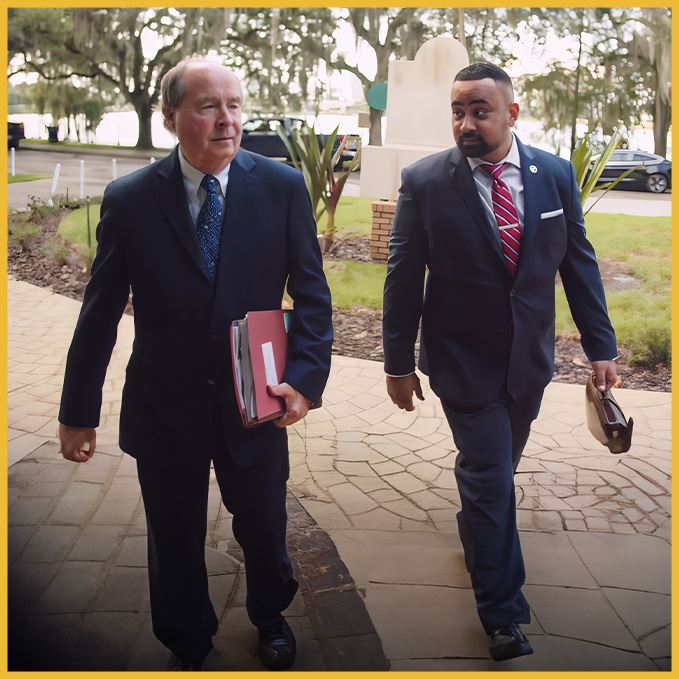
Orlando Personal Injury Lawyers
Personal Injury Claims in Florida
Every year, thousands of people are injured or killed due to the negligence of others. If you or someone you love suffered harm as a result of someone else’s careless, reckless, or wrongful conduct, Ali & Blankner is prepared to give you the personalized attention and legal support you need.
Our Orlando personal injury attorneys have 10.0 “Superb” Avvo ratings, reflecting the outstanding quality of our work. With over 85 combined years of experience, we are well-equipped to fight for your case. Most importantly, we truly care about helping you get back on your feet by working to secure the monetary compensation you need to manage your medical bills, make up for lost wages, and assist with the immense pain and suffering you have experienced.
What Is a Personal Injury?
The phrase “personal injury” is a legal term used to describe a bodily injury caused by someone else’s negligence, wrongful conduct, malpractice, or default. Such injuries often lead to numerous “damages,” or losses, such as medical expenses, time off work, and physical and mental pain and suffering.
Personal injury cases arise from all types of accidents and traumatic events. Some examples include:
At Ali & Blankner, our Orlando personal injury lawyers have extensive experience representing clients in all types of personal injury claims. We have helped our clients not only recover the full, fair compensation they were owed but also hold the responsible parties accountable. Get in touch with us today to learn how we can help you, too.

OUR WINNING STRATEGY
Why You Want Ali & Blankner In Your Corner
-
Fighters & Advocates in the Courtroom
The criminal lawyers in Orlando at Ali & Blankner are aggressive advocates who are willing to do whatever it takes to obtain a favorable resolution. We are committed to defending your rights and protecting your future.
-
Prosecutor Insight & Knowledge
All of our Orlando criminal attorneys are former prosecutors and understand how the other side thinks. When you work with our team, you get a group of individuals who knows how to prepare and fight a winning case.
-
Large Firm Results, Small Firm Attention
Our criminal defense team in Orlando understands the ins and out of the legal industry, and we have the infrastructure and resources to handle any case that comes our way. We focus on your case specifically to ensure we get the best result for you.
-
Dedicated & Experienced CounselWith over 35 years of experience and thousands of clients helped, Ali & Blankner has the skills, resources, and determination to get you the best possible result.


Giving Clients the Tools They Need
At Ali & Blankner, we understand that if a client is coming to us, it is frequently because they have gone through something life-altering. If you are at a loss about how to deal with your injury or its aftermath, we are here to guide you through the process. Our Orlando personal injury lawyers know that the key to a winning case is building a tailor-made strategy designed for your unique situation. We then do everything in our power to get you the compensation you are owed.
Our firm is not afraid to go up against insurance companies, manufacturers, governments, and other powerful entities in our pursuit of justice for our clients. You can rely on us to be there for you every step of the way, responding quickly to your calls and answering any questions you may have. We know the challenges you and your family are facing—and we know how to help.
If you have suffered an injury in the Greater Orlando Area, Ali & Blankner is prepared to fight for your case. Contact us at (407) 753-1312 today to schedule a free case consultation.


KNOCKOUT RESULTS
-
Case Dismissal Trespassing
Ali & Blankner obtained a case dismissal on behalf of a client charged with Trespassing.
-
Case Dismissal Drug Possession
Ali & Blankner obtained a case dismissal on behalf of a client charged with Drug Possession.
-
Case Dismissed Disorderly Conduct
Ali & Blankner represented a client charged with disorderly conduct.
-
Case Dismissed Battery & Assault
Ali & Blankner secure a case dismissal on behalf of a client charged with battery.
-
Case Dismissed DUI & Citations
Ali & Blankner worked to get a case dismissed involving a client with both a DUI and citations.
